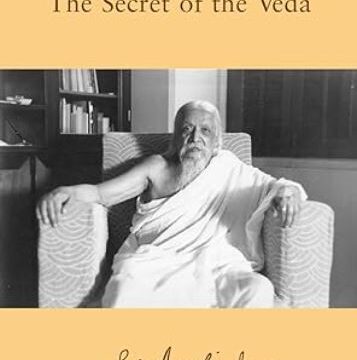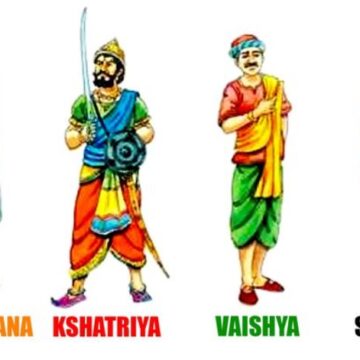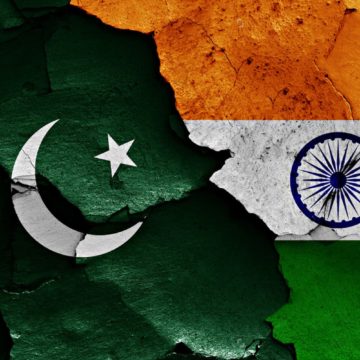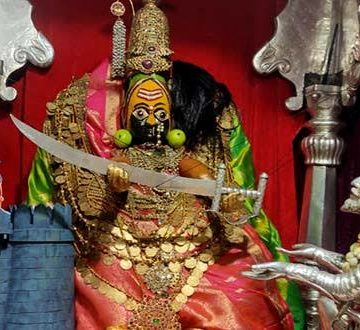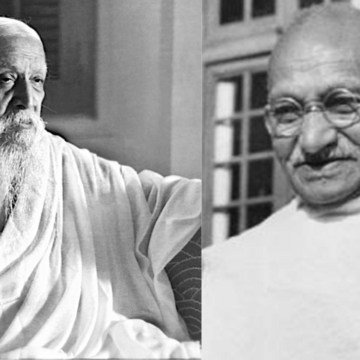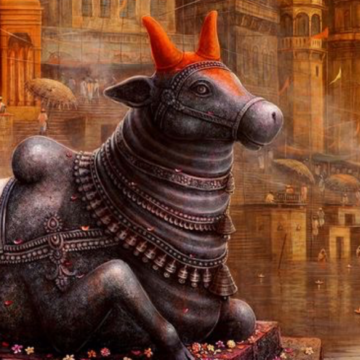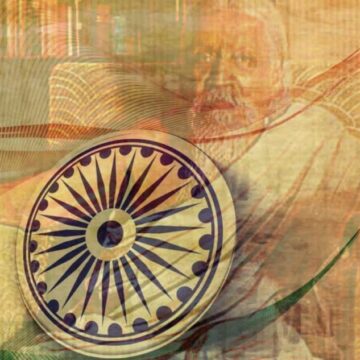Dr. Pingali Gopal recaps Sri Aurobindo's life, views and works; and argues that his teachings be an integral part of Indian education.
Tag: sri aurobindo
“The Secret of The Veda” by Sri Aurobindo – A Review
"The Secret of The Veda" by Sri Aurobindo is a collection of Sri Aurobindo’s various writings on the Veda and his translations of some of the hymns, originally published in the monthly review 'Arya' between August 1914 and 1920.
The real Shakti of Bharat lies in Chaturvarnya
"The system of division into different Varnas is the stepping stone to civilization, making one specialise and rise higher in the areas of one's heritage, learning and vocation. The youth of Bharat must try to understand the beauty of this eternal system where Chaturvarnya is the real Shakti of Bharat."
Understanding Political Systems Of India – Part 3 – Indigenous Political Thinking In Ancient And Modern India
"Western polity conceives of doing away with political parties and creating governments of national unity only in times of war or crisis; India, because of her long tradition of a unity underlying her diversity, should have shown that unity is not a freak phenomenon but a workable basis for new politics."
The current political and social systems being followed in India remain wedded to the older British structures. Concepts such as uncoupling of state and religion, secularism et al are based in Judeo-Christian theology; and where it is not available, these become radically unintelligible.
In the third installment of the series titled "Understanding Political Systems Of India", Dr. Pingali Gopal shares his findings from his study of ancient Indian thinkers such as Kautilya, and modern thinkers such as Sri Aurobindo, and Ananda Coomaraswamy, a Sri Lankan Tamil philosopher with a deep understanding of Indian culture.
Enlightened monarchies, free citizens, and decentralised political units glued together by spiritual and cultural unity were the essence of political India in the past. Following independence, India’s attempt at decolonization was less than half-hearted; and thinkers such as Sri Aurobindo were categorically ignored.
Religious Nationalism of the Two Nation Theory
In this article, Adarsh Jha digs for facts behind the much talked about "Two Nation Theory"; and how the two parties debating it are faring, 75 years after the partition.
Hindu Renaissance And Significance Of Shakti Worship
The article analyzes the importance of Shakti worship for achieving the goal of decolonizing and rejuvenating the collective consciousness of India.
Sri Aurobindo And Mahatma Gandhi: Heroes- Forgotten And Remembered (Part 2)
Nehru and Gandhiji became our (only) heroes; some like Sardar Patel, grudgingly became heroes; and the uncomfortable critics, like Subash Bose, Aurobindo, Vivekananda, and Savarkar, became either villains or pushed into oblivion.
Sri Aurobindo And Mahatama Gandhi: Heroes Forgotten And Remembered (Part1)
Sri Aurobindo needs an urgent rediscovery.
Nandi: Puranas and the Science of Attention
The stories of Nandi from the Puranas combined with the modern scientific perspective help us understand the science of attention in meditation.
Musings on Nation and Nationalism in Sri Aurobindo’s Light
Being committed to one's own nation is a stepping stone to greater realisations of finding the true self.


